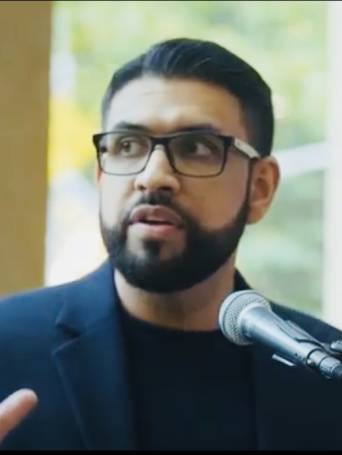
Faiyaz Jaffer, Ed.D
Dr. Faiyaz Jaffer is the Research Scholar for the Islamic Center at New York University and an Associate Chaplain for the Center of Global & Spiritual Life at NYU. He holds a doctorate in education from New York University, with a focus on the identity development of minority Muslim demographics in the United States. Pursuing the classical course of Islamic education, he studied in the Seminary of Karbala, Iraq, one of the most prominent centers for Islamic learning.
As a faith leader and social activist, Dr. Jaffer has lectured at various universities, seminars, and workshops across the United States, Canada, Europe, East Africa, and the Middle East. As a highly sought-after lecturer and religious leader, he regularly leads prayer services and delivers sermons across North America. Due to the political and social climate, he has been making strides in the greater New York area by taking part in several interfaith seminars and discussions with the goal of increasing dialogue with faith leaders. In 2019, Jaffer co-founded Pillars of Peace, a non-profit established in order to address a gap in appropriate services for survivors of domestic and gender-based violence from all backgrounds and in particular within the Muslim community.
In addition to his roles at NYU’s Islamic Center, Dr. Jaffer serves as the Adjunct Assistant Professor of Public Service of NYU’s Robert F. Wagner Graduate School of Public Service, where he teaches courses on Islamic Law and Islamic Spirituality and his research has appeared in academic journals. Dr. Jaffer also serves as a visiting faculty member at the Chicago Theological Seminary.